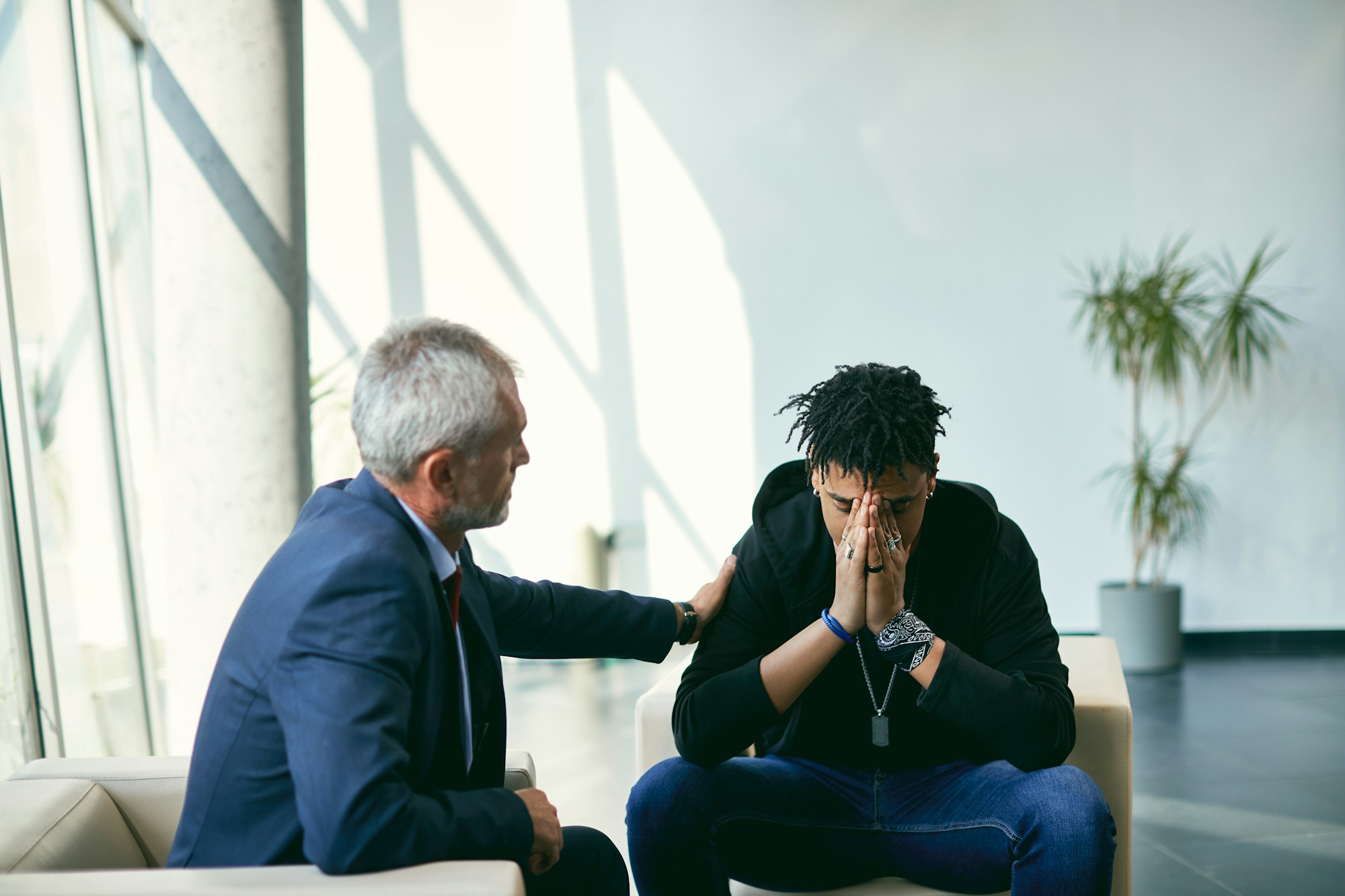When you’ve lost a friend or a loved one to suicide, it’s easy to feel like no one will understand what you’re going through. Most people never have to experience this, and each loss affects everyone differently. There may be some unanswered questions weighing on your mind or a feeling of rejection by the person you’ve lost. Some people feel a level of responsibility for their loved one’s death. All of this complexity makes it harder to find the compassion and support you need to feel a bit of relief.
Suicide is the third leading cause of death among teens, according to data from the CDC’s Youth Risk Behavior Survey. Each suicide produces at least six and possibly hundreds of “survivors” or people left grieving, as estimated in a study funded by the Suicide Prevention Resource Center (SPRC). Finding the right kinds of support is critical for teen survivors of suicide to begin their healing process.
In this article, we’ll share the most helpful types of support for survivors of suicide and how to access them.
What kinds of support are most helpful for teen survivors of suicide?
Teen survivors of suicide need a strong support network that includes different kinds of relationships. Their parents, family and friends play important roles in their personal lives. Their teachers and coaches help them stay connected with their community. A licensed clinician or treatment team will help them care for their mental health.
Survivors of suicide should also consider seeking out others who share similar experiences. Your friends, your family and your therapist all provide a unique and necessary kind of support. However, they may not have the perspective of a person who’s lost someone to suicide. A support group for survivors of suicide can help you feel seen and heard by others who understand. This type of belonging and solidarity is very therapeutic.
Survivors of suicide find solidarity and connection in support groups
People who’ve lost a friend or loved one to suicide are more likely to experience a traumatic loss or complicated grief. This means your feelings may be more intense and longer lasting. You may also experience more physical symptoms, like changes in sleep habits or indigestion. At the same time, the social stigma of death by suicide can make it harder to talk about your loss and seek support from people in your life.
Other survivors of suicide get what you’re going through because they’ve had similar feelings and experiences. A support group is a safe space to talk about your grief openly. You can say how you truly feel without having to put someone else’s comfort first. Sharing what’s on your mind and being heard by people who understand you helps you feel less alone. Knowing you have a group session to look forward to every week can keep you going through your toughest moments.
Support groups are a safe place to reach out for help
There will be times when you need help navigating feelings and situations that you don’t know how to handle on your own. If you aren’t sure how a friend or family member will react, it can be hard to confide in them. Other survivors are familiar with this feeling. They can listen with compassion and hear you without judging you. They can also use their perspectives and experiences to help you find a solution. A great support group will make you feel like you belong. They’ll encourage you to reach out for help and help you feel safe enough to do so.
Survivors of suicide inspire each other to heal
In addition to feeling seen and heard, support groups are a place where you can find hope and inspiration. You’ll hear stories from other people who are further along in their healing journey. They’ll share their challenges and triumphs, showing you how strong the human spirit can be. They’ll also talk about the coping skills and resources that have helped them the most. Going to a support group will bring up uncomfortable feelings. However, the benefit of processing these emotions is long-term healing. The relief and sense of community you’ll find by attending a peer support group far outweigh the momentary discomfort of sharing your grief.
Support groups are an important part of treatment for survivors of suicide
It can take a long time to start to feel like yourself again after someone close to you dies by suicide. Your friends and family may say things that aren’t very helpful even though they have the best intentions. Being around other people who’ve had similar losses and hearing their stories can help you feel a little less overwhelmed. When you’re comfortable enough to share what you’re going through, you deserve a safe space where you can feel seen and heard. Support groups for survivors of suicide can help with each step of the journey.
As a teen, you’ll probably feel more comfortable talking with other survivors around your age. At Embrace U, our intensive outpatient programs for teens combine powerful peer support groups with one-on-one and family therapy. We’ve created a welcoming and positive healing community where you’ll meet other teens who are working on their own mental health. We’ll also help your family understand what you’re going through and learn helpful ways to support you.
Are you looking for a treatment program just for teens? Contact our team today for more information or to schedule an initial appointment. Let’s take the next steps together.




